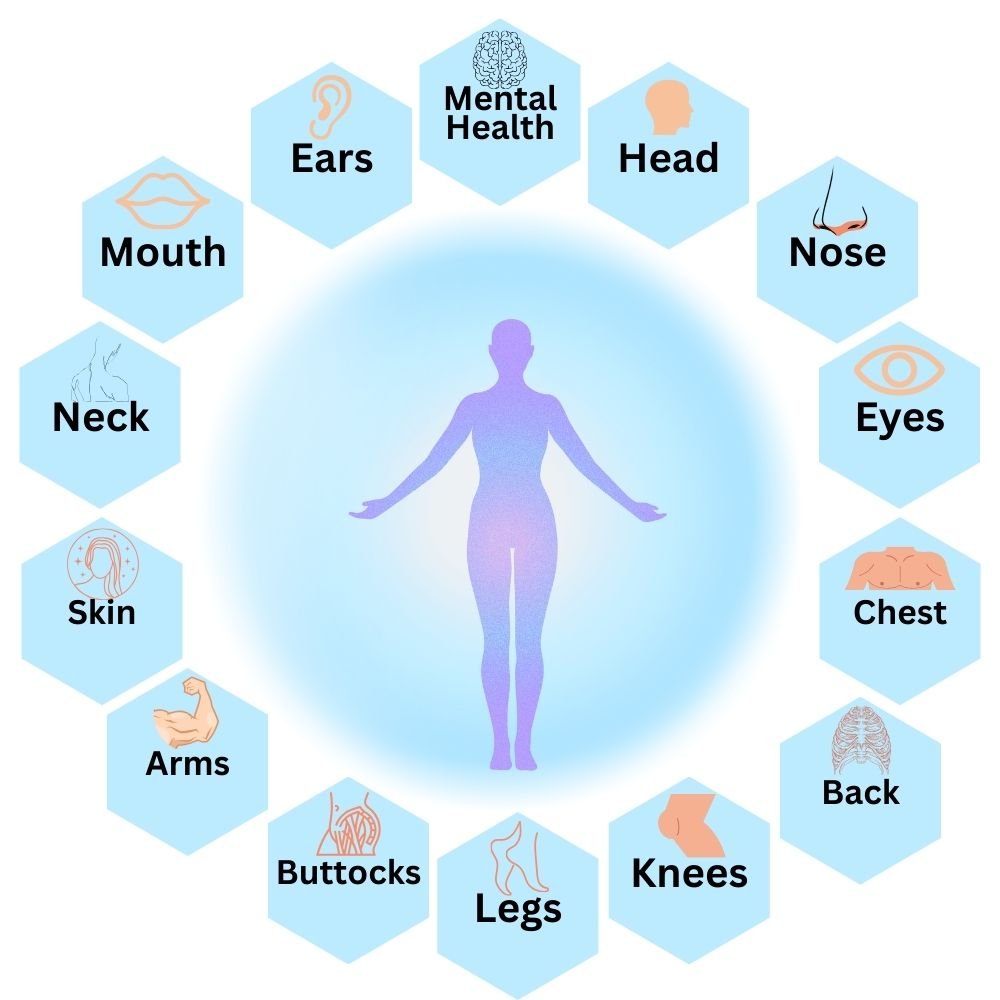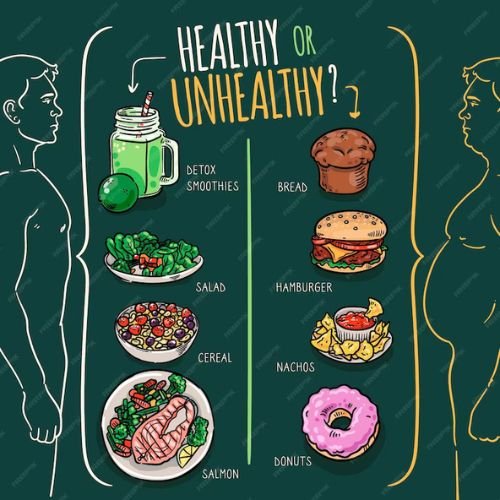Stomach pain is a common ailment that can range from mild discomfort to severe agony, impacting individuals of all ages. Understanding the causes, treatment options, and preventive measures is crucial for managing this condition effectively. In this comprehensive guide, we delve into the reasons behind stomach pain, explore treatment modalities, discuss diagnostic tests, outline recommended actions, and address frequently asked questions. Additionally, we highlight cautionary measures to ensure optimal health and well-being.
Post Views: 26










